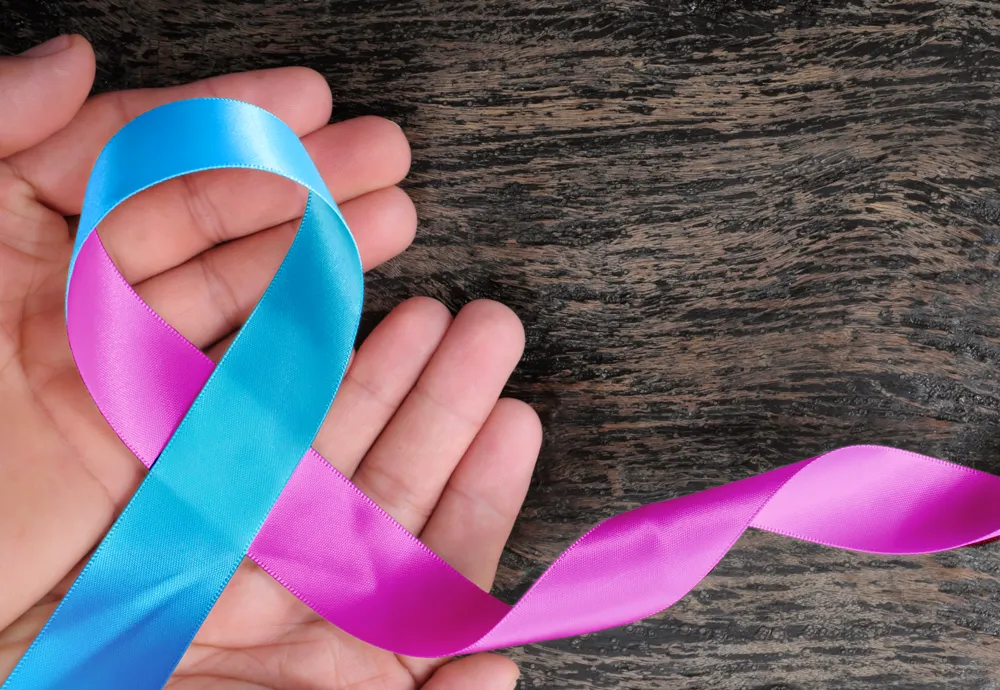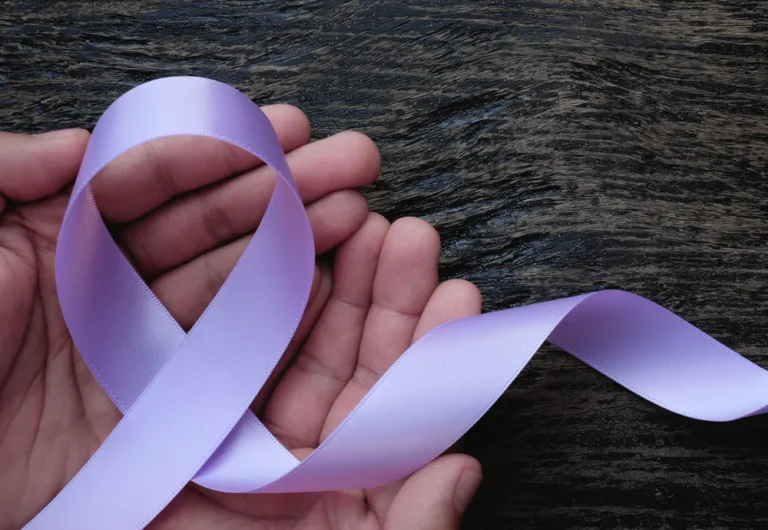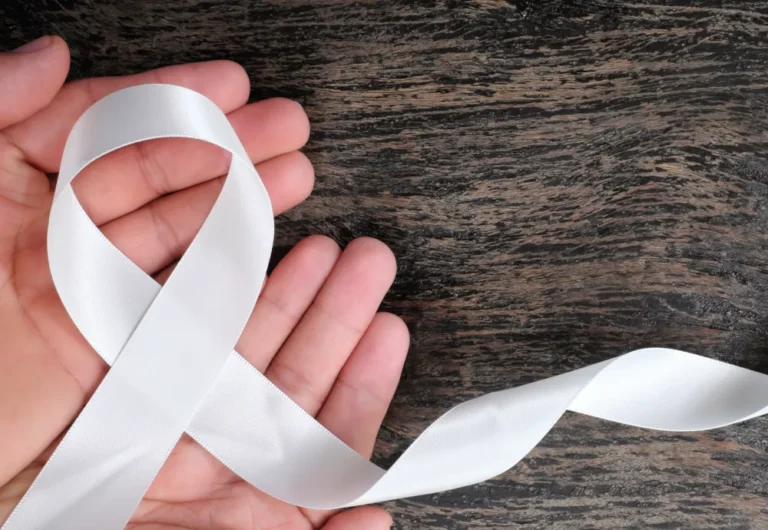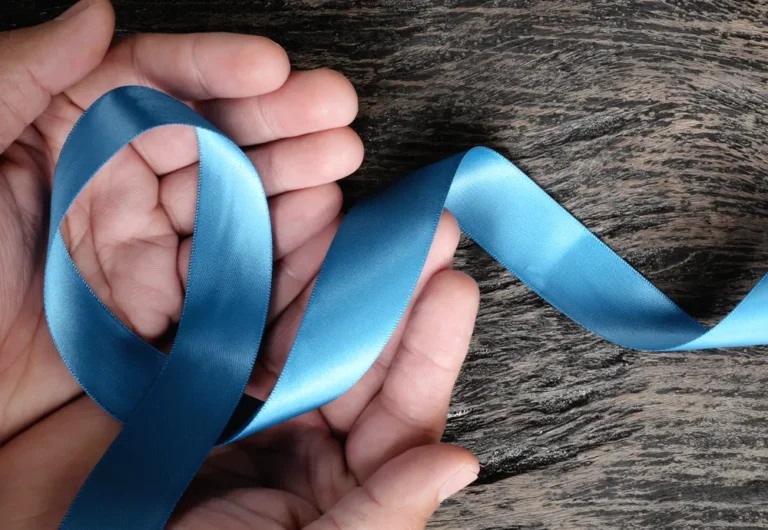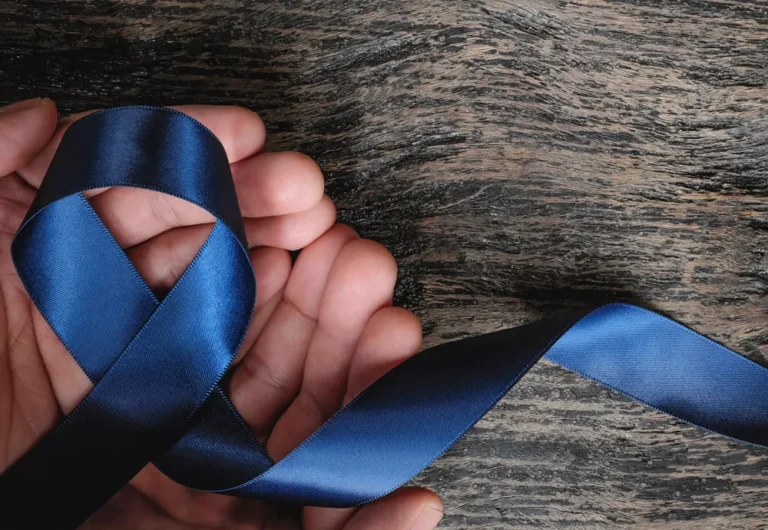Men absolutely get breast cancer. It happens here in Green Bay.
I’ve treated it. So it’s absolutely a thing.
But men get breast cancer about 100 times LESS often than women do, for a very simple reason:
Most breast cancers develop from abnormal cells in the ductwork of the breast. But men have less breast ductwork to begin with – so they get breast cancer less often. It’s kinda the same reason you see fewer cheesehead hats in Florida…there are fewer Packer fans in Florida to wear them.
Since cancer screening only works in a high-risk population, and the risk for breast cancer in most men is so low–screening for breast cancer with breast exams and mammograms and such isn’t usually recommended (or even a good idea) for most men.
The exception is men who carry mutations that increase the risk of cancer, such as the BRCA mutation (specifically, the BRCA2 mutation). There are other mutations that also increase breast cancer risk, but that’s the most relevant one for men. The association between BRCA mutations and male breast cancer is so strong that having a male relative with breast cancer is usually a good enough reason to consider getting tested for the mutation.
Having said all that, once a man gets breast cancer–the treatment for it is remarkably similar to the treatment for women. This is because these cancers, whether they appear in a man or a woman, are driven by similar biological mechanisms, tend to spread in similar ways, and tend to respond to the same kinds of drugs.
One caveat to that general rule of treatments being more alike than different for men and women is that most men need mastectomy (removal of the whole breast) rather than lumpectomy (removing only the affected part of the breast) – but this is simply due to the fact that men generally have less breast tissue to work with than women do.
Estrogen blockers (like tamoxifen and aromatase inhibitors like arimidex and letrozole) work in most male breast cancers as well as they do for most female breast cancers. That surprises people because we tend to think of estrogen as the female hormone and testosterone as the male hormone, and tend to forget that both men and women have lots of both. It’s just the relative mix of the two hormones that’s different between the sexes–and that mix changes as we age.


